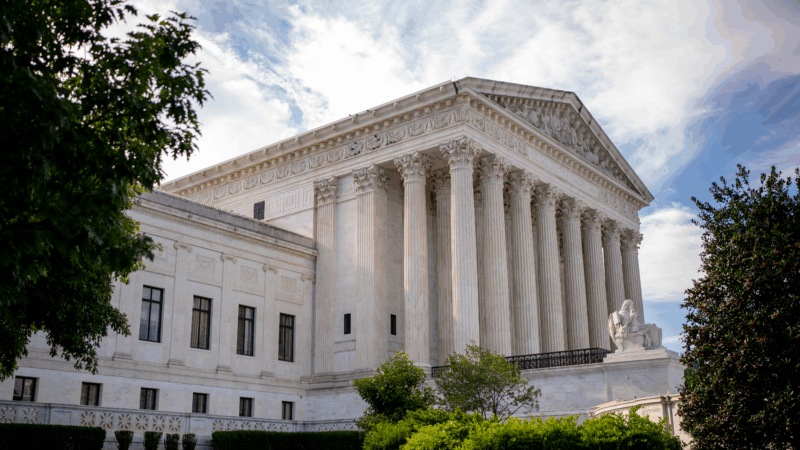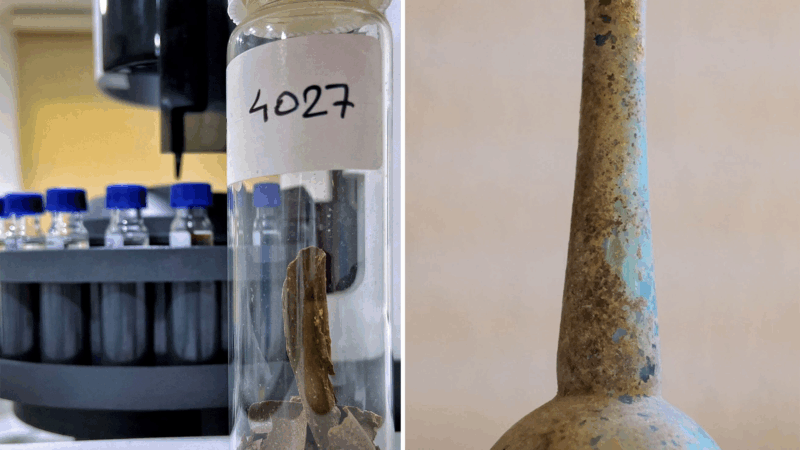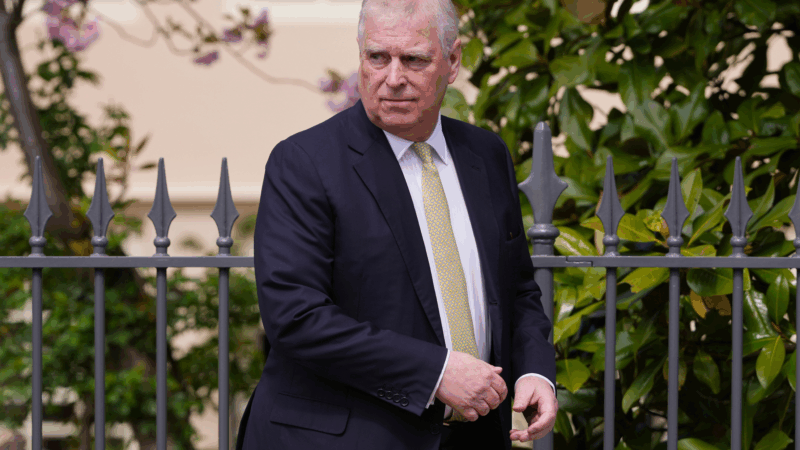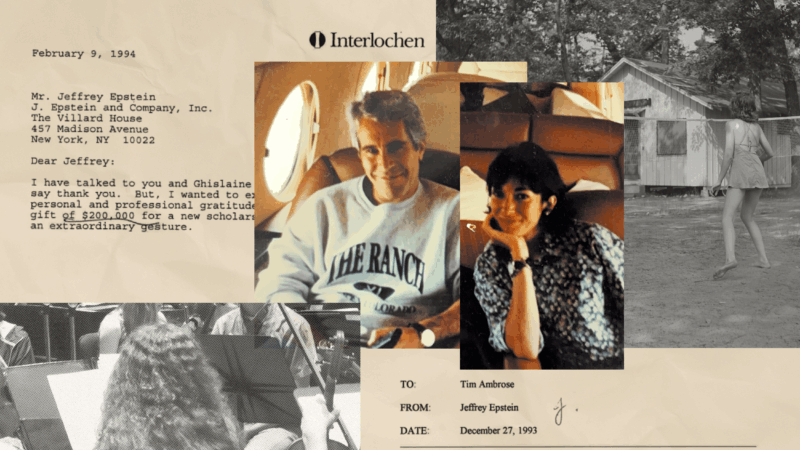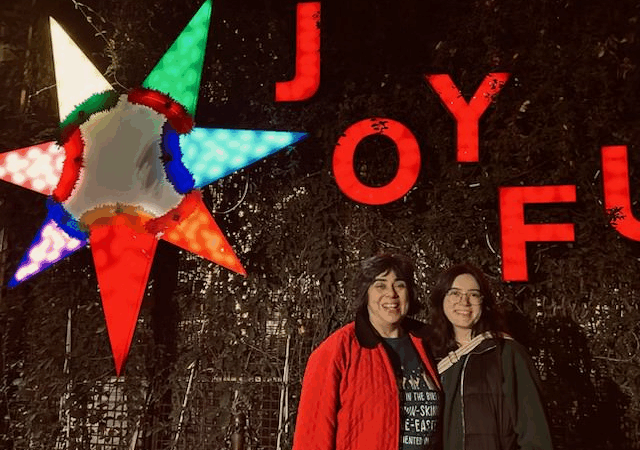Supreme Court allows NIH to stop making nearly $800M in research grants for now
The Supreme Court on Thursday overturned by a 5-4 decision a lower court order, deciding at least temporarily, that the National Institute of Health does not need to continue paying out approximately $783 million in research grants to projects that the institute has since-stopped funding.
But the court, in its emergency docket order, also left in place by a 5-4 order a lower court ruling that threw out NIH memos that enforced the administration’s policies.
Justice Amy Coney Barrett sided with the court’s conservatives save Chief Justice John Roberts who sided with the court’s three liberals.
In February, the NIH, the “largest public funder of biomedical research in the world,” began terminating federal grants en masse for projects that did not “align with” the Trump administration’s policies.
In what the ACLU has referred to as “an ideological purge,” Robert F. Kennedy Jr., the secretary of Health and Human Services, instructed a re-evaluation of all grants funding or supporting “DEI and gender identity research activities and programs.” Funding was also withdrawn from projects studying “vaccine hesitancy” and the impact of the COVID-19 pandemic, projects that the NIH asserts have “outlasted” their “limited purpose.”
The NIH leaders argue that “awards can be terminated if they do not support agency objectives or policies” as noted in the NIH’s Notice of Award Stipulations. They compared this case to an April Supreme Court emergency docket decision where the justices allowed the administration to freeze $65 million worth of Department of Education DEI-related grants while the case proceeded in the lower courts.
Sixteen states, as well as advocacy organizations, and researchers disagreed—they sued the NIH and Kennedy, arguing that terminating the research grants was unconstitutional.
A federal district court judge concluded that the terminations were based on “no reasoned decision-making” and, after a bench trial, temporarily reinstated the grants. In his decision, Judge William Young, criticized the NIH for breaking “a historical norm of a largely apolitical scientific research agency.” The First Circuit Court of Appeals refused to intervene in the lower court’s temporary decision.
But on Thursday, the Supreme Court blocked the district court’s order, allowing the Trump administration to pause paying out grants to researchers as this case proceeds in the lower courts.
That ain’t perfume! Ancient bottle contained feces, likely used for medicine
Researchers found a tiny bottle from ancient Rome that contained fecal residue and traces of aromatics, offering evidence that poop was used medicinally more than 2,000 years ago.
Britain’s former Prince Andrew arrested on suspicion of misconduct in public office
Andrew Mountbatten-Windsor, formerly Prince Andrew, has been arrested on suspicion of misconduct in public office.
Urban sketchers find the sublime in the city block
Sketchers say making art together in urban environments allows them to create a record of a moment and to notice a little bit more about the city they see every day.
Epstein once attended an elite arts camp. Years later, he used it to find his victims
Jeffrey Epstein and Ghislaine Maxwell lavished money on the Interlochen Center for the Arts to gain access, documents show — even funding an on-campus lodge they stayed in. In the process, two teenagers were pulled into their orbit.
How a recent shift in DNA sleuthing might help investigators in the Nancy Guthrie case
DNA science has helped solve criminal cases for decades. But increasingly, investigative genetic genealogy — which was first used for cold cases — is helping to solve active cases as well.
An unsung hero stepped in to help a newly widowed mom in a moment of need
Barbara Alvarez lost her husband in 2017, just before their daughter went off to college. Her unsung hero helped her find the strength to be a single mother to her child at a key moment in their lives.

